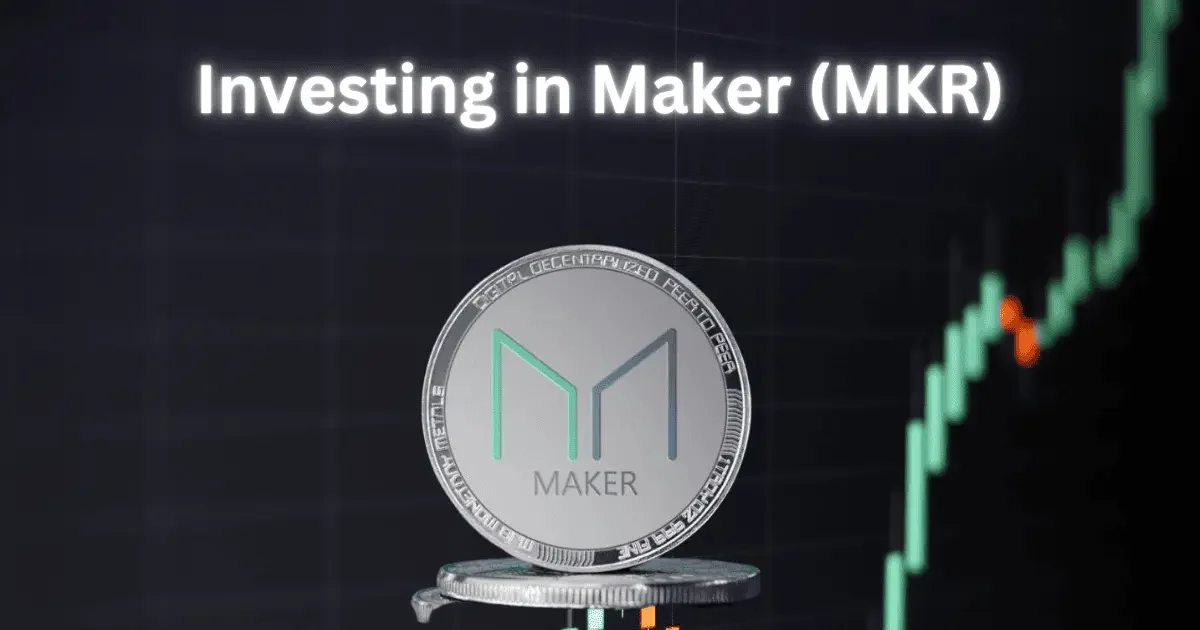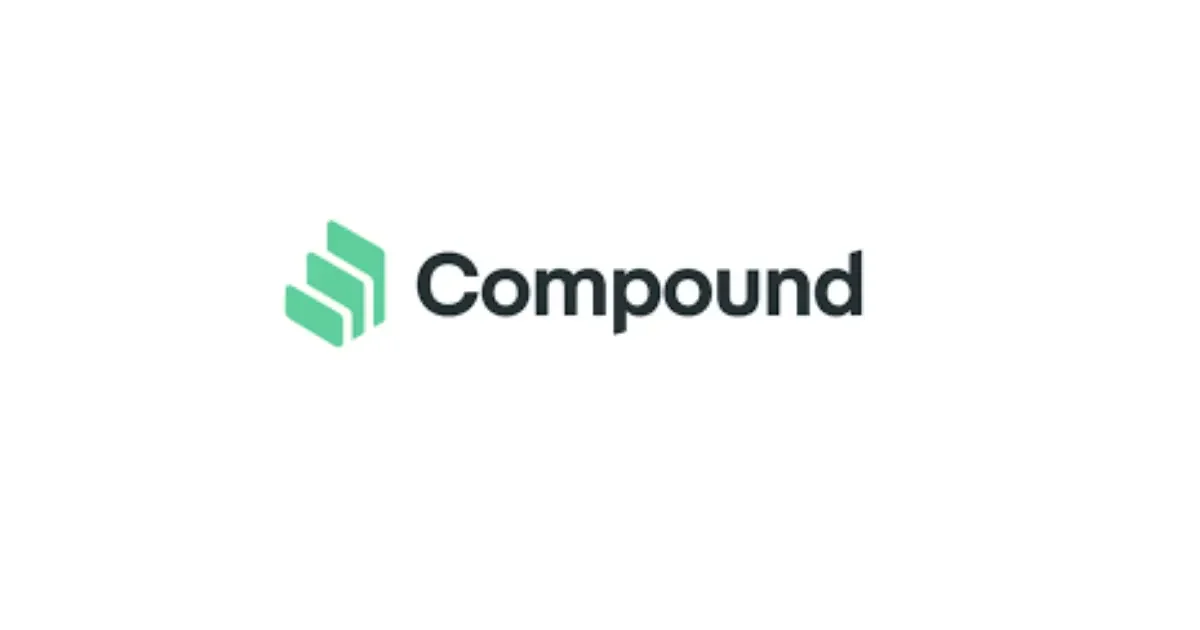To get involved in MKR, you need to buy the tokens, which requires real money upfront. The potential for earning returns is linked to the value of MKR and the DeFi ecosystem’s growth.
If successful, financial commitments in MKR could grow significantly, as the value of the token can increase with the growth of the MakerDAO ecosystem.
Passive income is available through staking MKR and participating in the governance system, but it is not fully passive as you need to monitor the ecosystem and governance proposals.
The DeFi space has been growing, and MakerDAO is one of the major players in this ecosystem. There is high demand for decentralized finance solutions, and MKR is well-positioned in that regard.
The DeFi space is competitive, with many projects vying for market share. While MakerDAO is established, newer projects could offer more attractive rewards or features.
It can take time to see returns on MKR ventures. Unlike a hypothetical method that provides immediate earnings, crypto engagements often require time to mature.
The cryptocurrency market, including MKR, is volatile. While MakerDAO has stability due to its decentralized nature, it is still subject to market fluctuations, regulatory changes, and technological risks.
There is a risk of financial loss in the crypto market. Engagement in MKR could result in a loss if the project or market experiences setbacks or volatility.
Crypto ventures, especially in MKR, can be intimidating for newcomers. While the opportunity exists, it requires learning about the space and the specific project.
MakerDAO is relatively adaptable, but the entire DeFi space is influenced by changes in blockchain technology, regulations, and market demand. External factors like these can affect MKR’s future.
MakerDAO and MKR are accessible globally, but there may be regional regulatory hurdles that limit accessibility in some areas.
Getting involved in MKR requires an understanding of the cryptocurrency space, including how decentralized finance works and how to safely store tokens.
Withdrawing funds from MKR can be done through exchanges or decentralized finance platforms, but these processes can involve transaction fees.
Earning money through MKR is not guaranteed. Participants must rely on the market’s performance, their involvement in governance, and other variables to generate returns.


